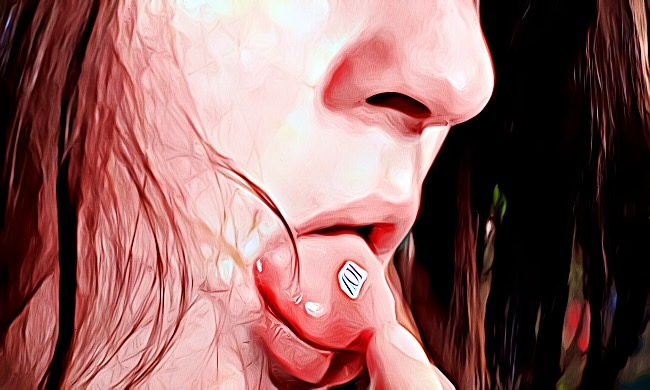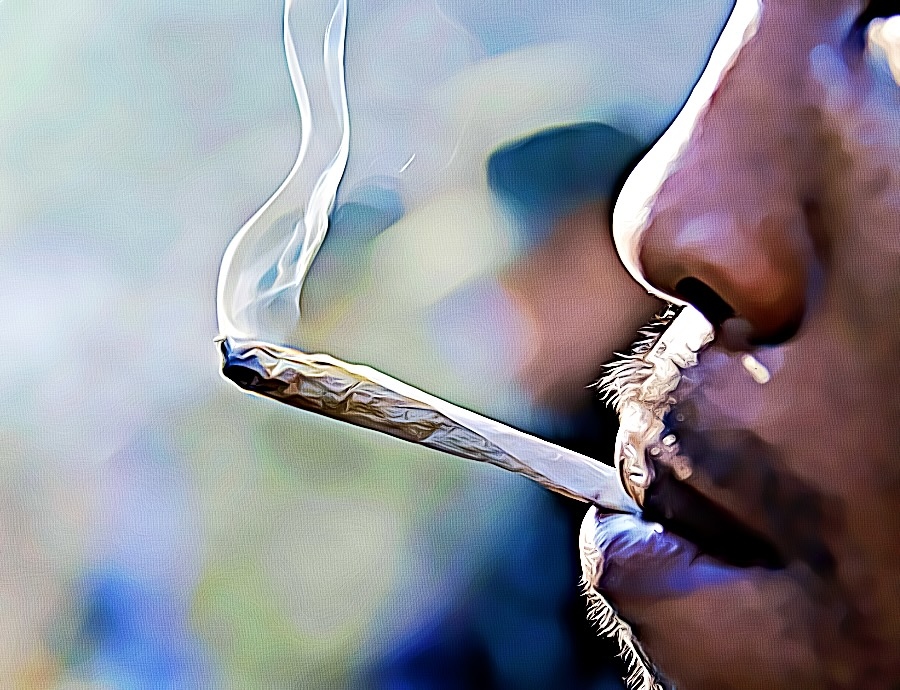If you suspect that your loved one is high or addicted to drugs, there are a few basic things you can do to find out. First of all, you should familiarize yourself with the signs and symptoms of drug use. If you find paraphernalia or other evidence of drug abuse, it could be a red flag. It’s also a good idea to talk to your loved one about your concerns in a calm and non-accusatory way.
There is an opportunity to intervene if you are close to a loved one who is abusing drugs. However, it can be difficult to recognize the signs and symptoms of intoxication due to the wide range of substances that are currently being abused and the fact that the signs and symptoms can vary dramatically depending on the drug.
Here are some of the most common signs and symptoms of drug use and intoxication.
What are the Common Signs that Indicate Your Loved One is Abusing Different Substances
It’s true that different drugs have distinct effects on each individual, but there are still common effects that can clue you in on a person’s level of sobriety. Generally, you can tell someone is using drugs by identifying the signs of D.R.U.G.A.B.U.S.E:
1. Disorientation
When it comes to identifying signs of drug use, people tend to focus their attention on a person’s face, eyes, and mouth area. A clear indication that someone is intoxicated is if they have poor balance, slurred speech, and trouble forming words.
2. Red and Runny Nose
The nose is a highly sensitive area of the body. Smoking, snorting, and ingesting drugs can cause nosebleeds and irritation. If someone has a constant runny nose but doesn’t show any signs of common illnesses such as the cold, flu, or allergies, then they may be using drugs.
3. Unusual Behaviors
People who are high tend to exhibit some unusual behaviors that might not be present when they are sober. For example, a person who is on drugs may be more energetic or hyperactive than usual. They may act very sleepy as well. Some of these behaviors can be difficult to spot, especially if they are unfamiliar with the person and how they act when high.
4. Garbled Speech
People who are intoxicated often have a hard time forming words and talking in general. They may seem very slow and slurred in their speech. Additionally, they may also ramble on and not make much sense.
5. Agitation
If you notice that your loved one is easily agitated, touchy, or nervous for no particular reason, they could be using drugs.
6. Breathing Issues
An individual who has ingested drugs may exhibit a very shallow breathing pattern or erratic breathing.
7. Unexplained Injuries
If someone has sudden injuries and there doesn’t seem to be any logical explanation for the issue, they may have been the result of drug abuse. For instance, cuts, burns, or bruises along the arms and thighs may often be related to needle use.
8. Smells Like Drugs
Some drugs have very peculiar and unique smells. If you notice a smell on your loved one’s breath or clothing, it is a sign that they could be using drugs. Unusual smells can be a strong indicator of certain substances. For example, marijuana and crack cocaine both have very distinct smells.
9. Excessive Sweating/Chills
People who have ingested drugs may have very cold or clammy skin, though they may also feel cold and have goosebumps on their skin. As the drug wears off, you may notice them having the opposite reaction, such as sweating and feeling hotter than usual.
Drug use can have a big impact on the environment and the people who are close to your loved one. The lifestyle of a drug addict is often very different from that of someone who is not abusing drugs. It’s important to get familiar with the signs of drug use and pay attention to the habits of a person who is using drugs.
A person who is using drugs tends to spend a lot of time alone or hanging out with drug-using friends, who are often also drug users. Drug addicts also tend to have low self-esteem, which often leads to social anxiety. They may be unable to keep a job and choose to spend time in hiding or away from others.

What Are Other Signs of Drug Abuse?
Watching out for the signs of drug abuse can help you identify the problem and get your loved one the help they may need to overcome their addiction. If you suspect that your loved one is using drugs, there are a few basic things you can do to find out, such as the following behaviors:
1. Poor Performance (Academic, Work, or Interests)
If you notice that your loved one is having trouble performing their duties at school or at work, they might be using drugs. Generally, people who have a drug problem will have trouble keeping up with their responsibilities and may even lose their jobs.
2. Unkempt Physical Appearance
Drug users may not take care of themselves, which can lead to wearing dirty clothes, showing signs of poor hygiene, and having a generally unkempt physical appearance. This can appear as an individual who is high or shows signs of intoxication.
3. Social Withdrawal, Increased Anxiety, or Sudden Irritability
A common sign of drug addiction is a sudden mood change. Someone who is using drugs may become very withdrawn, irritable, angry, or anxious for no reason, even over small things.
4. Low Energy in Everything
A person who is high or uses drugs often has a hard time maintaining their energy levels. They will tend to tire out easily, even when it comes to performing simple tasks, such as household chores.
5. Bloodshot Eyes, Poor Skin Tone, and a Tired Look
If your loved one has bloodshot eyes, it could be a sign that they are using drugs. When a person is high, they will often have dilated pupils and a glassy look in their eyes. They may also have pale or unhealthy-looking skin.
A Quick Overview of Different Drugs and their Respective Side Effects
1. Opioids
- Sleeping difficulties;
- Eating problems;
- Dilated pupils;
- Sluggishness and excessive sleepiness;
- The need to vomit regularly;
- Bone or muscle pains;
2. Marijuana
- Delayed reaction time;
- Calm, sleepy, and generally relaxed mood;
- Poor muscle coordination;
- A sudden increase in appetite;
3. Cocaine
- Increased heart rate
- Nosebleeds or a loss of sense of smell
- Moving, talking, or thinking rapidly
- Shakes and twitches
- Tiredness and unhappy feelings after the high subsides;
4. Meth
- Overeating;
- Excessive sleepiness;
- Jitteriness;
- Senseless talkativeness;
- Itchy skin, leading to sores;
5. LSD/Acid
- Dilated pupils;
- Excessive sweating or clamminess;
- Distorted perception of time and self;
- Mood swings;
- Hallucinations such as seeing colorful visuals and patterns, or hearing auditory hallucinations;
- Anxiety;
- Depression;
The Bottom Line: How Spotting Signs of Drug Abuse Early can Help Your Loved Ones Get Started on their Journey to Recovery
The signs of drug use can be very troubling to watch and can make a parent feel helpless. While there is not much you can do right away, there are ways to cope with these signs as best as you can.
It is important to remember that there is hope for people who are suffering from drug addiction. You can work with your loved ones to help them get the treatment they need to overcome their addiction and return to the person you love.

